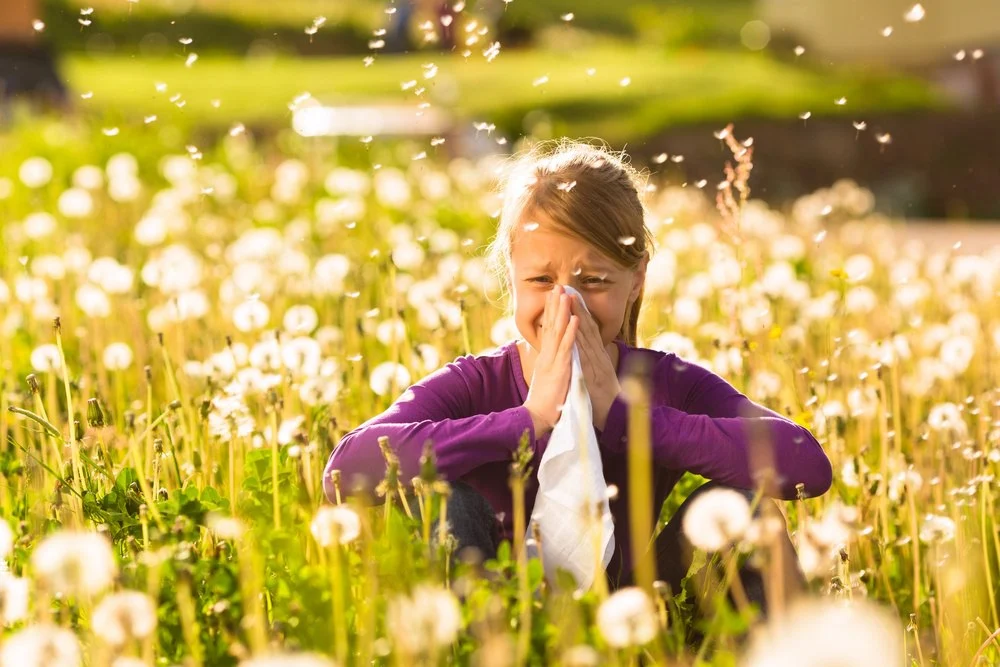Minimising Hayfever Symptoms

Many of the worst symptoms of hay fever are caused by histamine levels rocketing as your body reacts to pollen. Taking natural products that have an antihistamine action can help relieve the reaction.
Vitamin C is a natural antihistamine, so take small doses regularly throughout the day. You can also step up your intake of fresh fruit, peppers, tomatoes and green leafy vegetables, which are rich natural sources of Vitamin C. Nettles are surprisingly effective at reducing histamine-type-reactions - drink the tea or take the tincture. FreshGinger can be used as an antihistamine and decongestant, widening constricted bronchial tubes.
Vitamin A helps keep mucous membranes healthy, and carrots, tomatoes, dried apricots, sweet potatoes, mangoes, spinach and watercress are full of beta-carotene, from which your body makes Vitamin A.
To avoid encouraging histamine production, keep alcohol intake low and reduce caffeine as it triggers histamine release. Avoid dairy products because they cause mucus formation that exacerbates hay fever symptoms. Avoid refined sugar as it triggers a dramatic rise and fall in blood sugar levels, which causes an adrenalin surge that activates histamine. Hayfever sufferers are very likely to be sensitive to refined sugar.
Luffa is a useful herb to take if symptoms manifest around the eyes and nose. Swift in its effect, it appears to deal with both blocked and runny roses, as well as watery and itchy eyes and a tickly throat. As it is taken internally, it is a good option for those who wear contact lenses and can't use eye drops. It isn't contraindicated with other medication, including other hayfever medication.
Finally, a few practical tips: When the pollen count is high, dry your clothes indoors as damp clothes will collect pollen. If you have been out for the day, get undressed in the bathroom not the bedroom. There may be pollen on your clothes and you don't want it floating around the bedroom starting you sneezing at bedtime.









